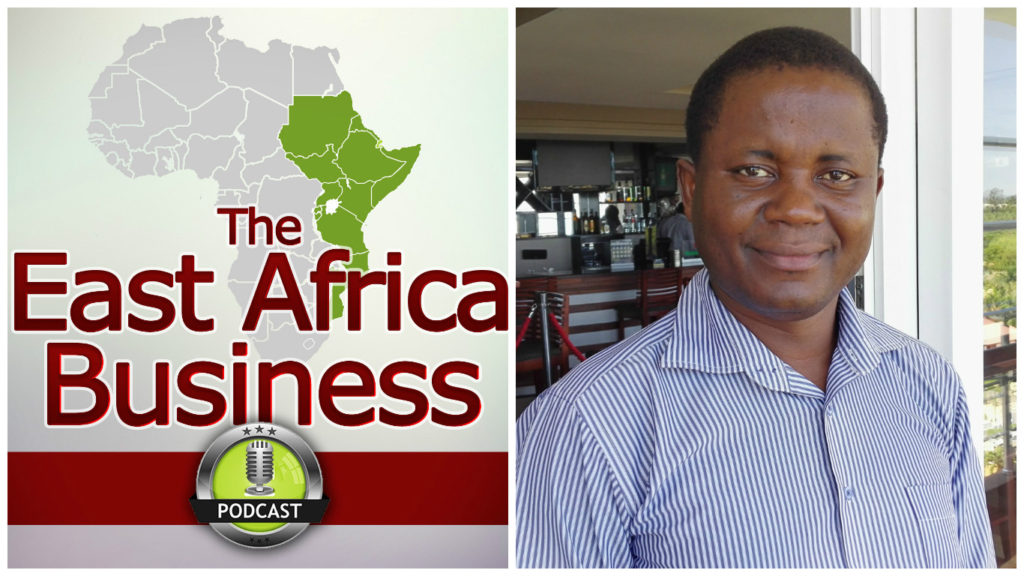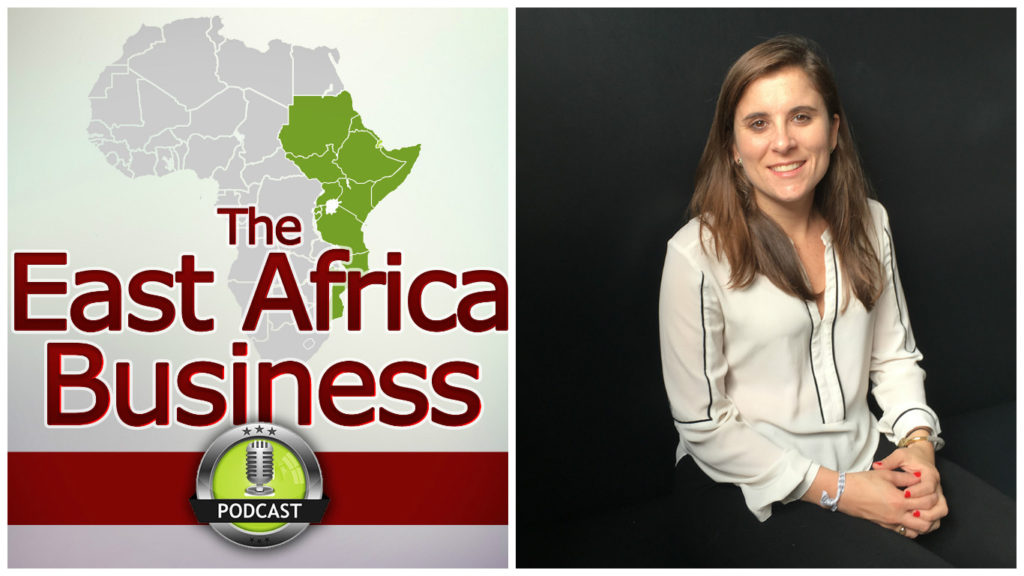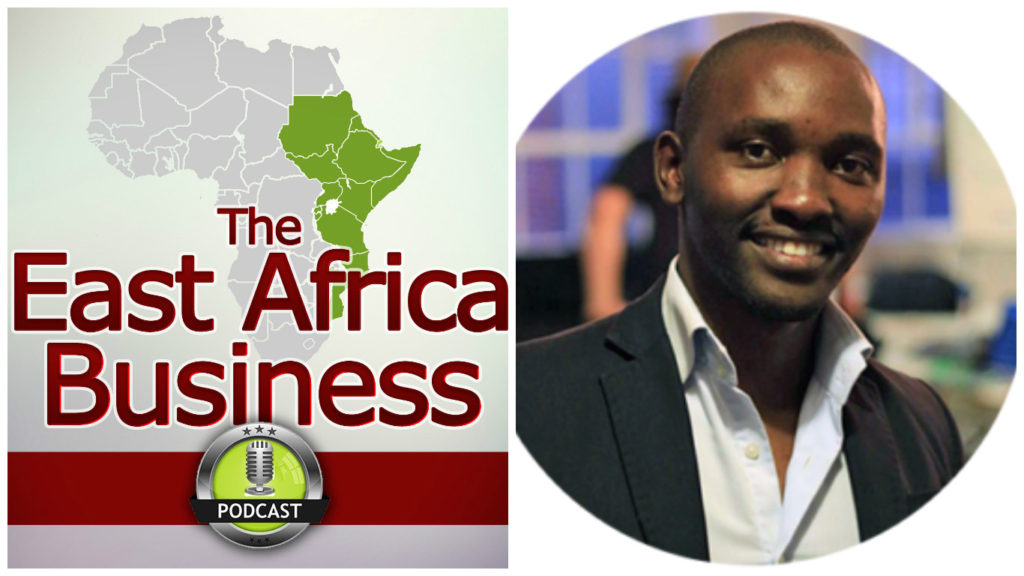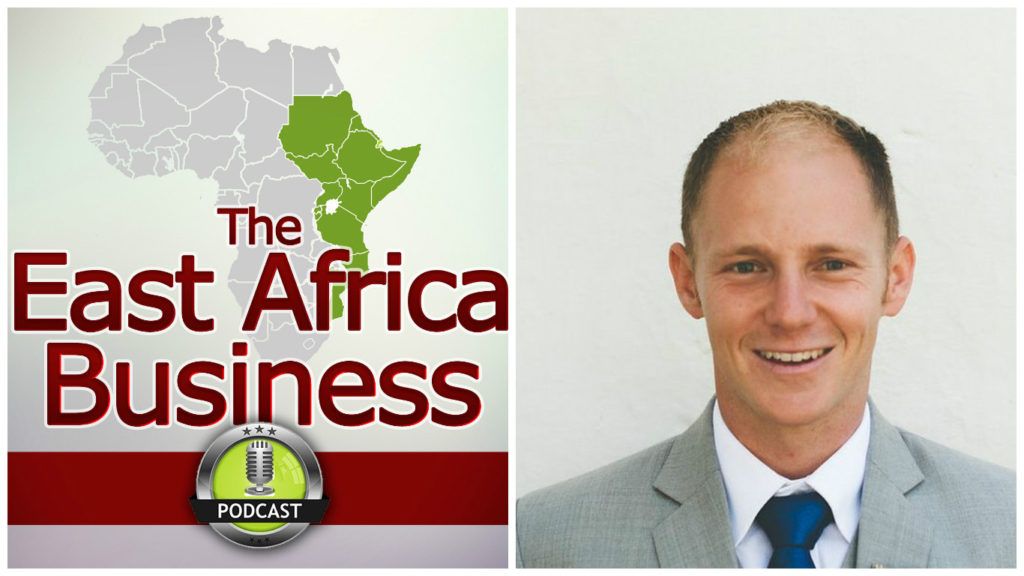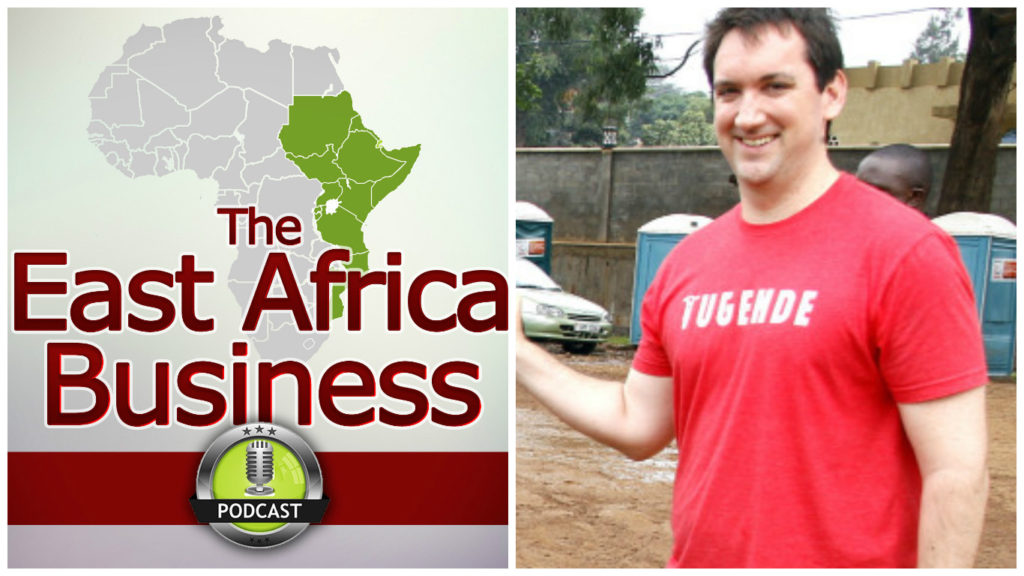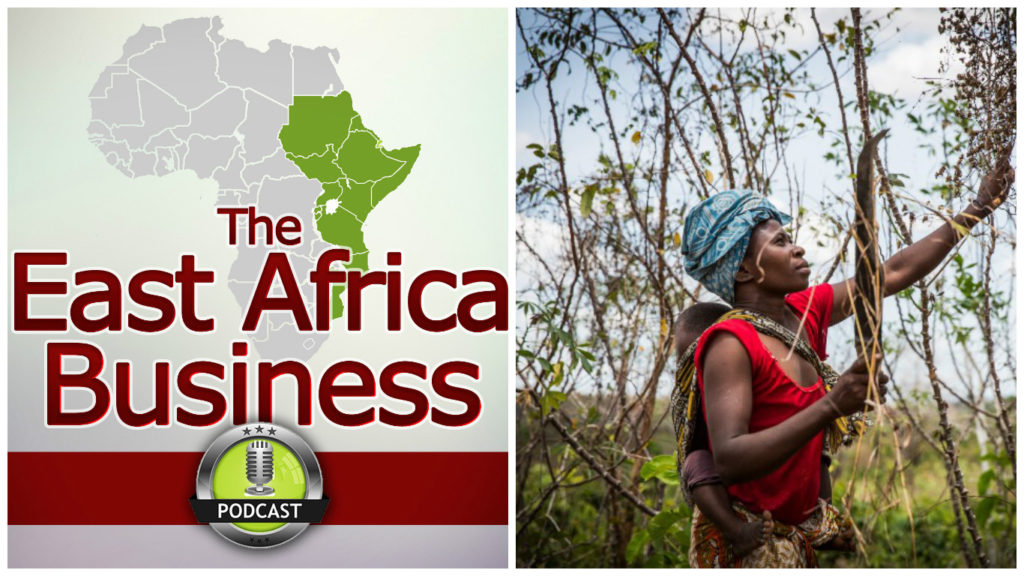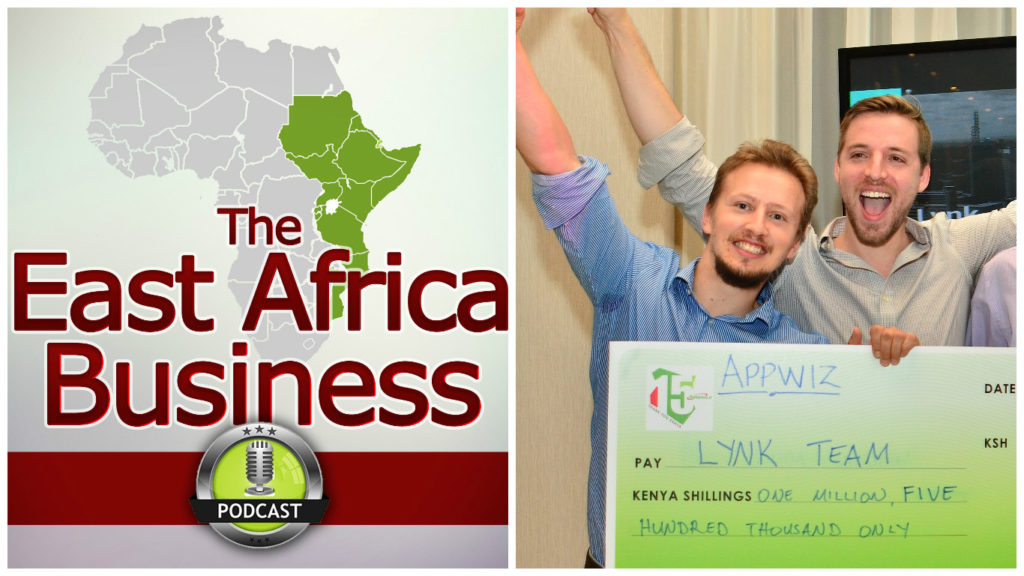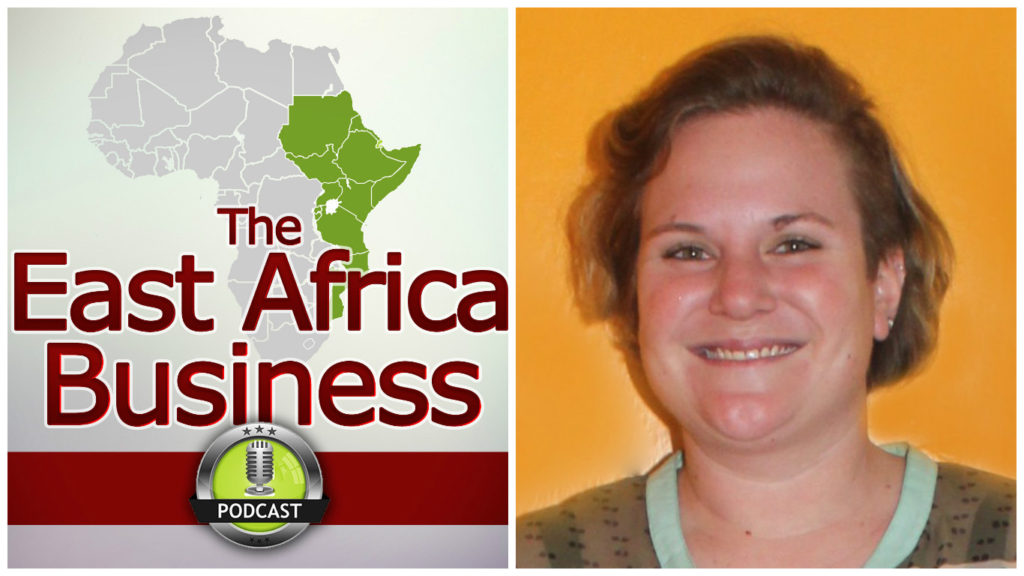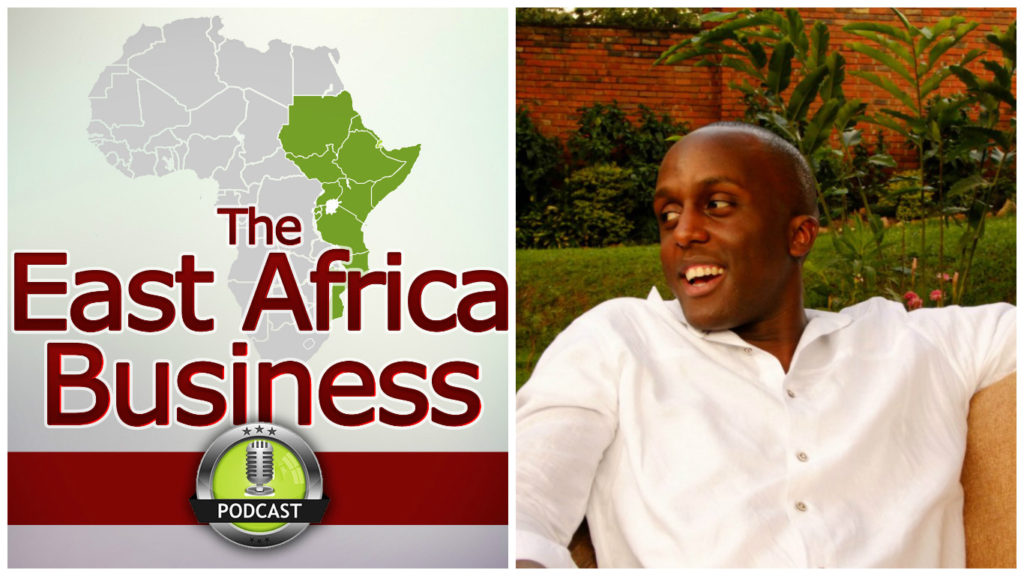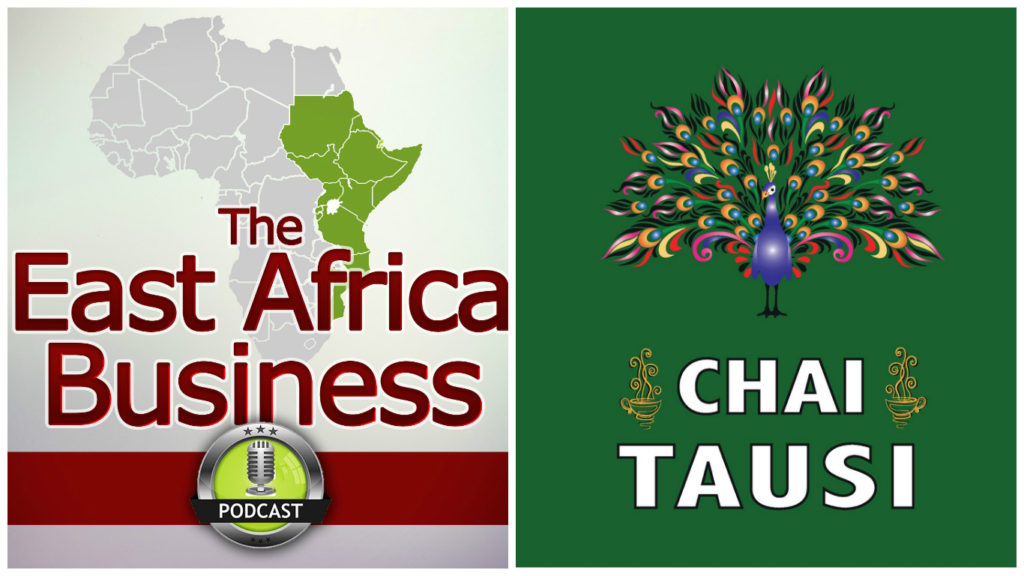Overview
Humans are good at a lot of business functions, but one where animals have got us beaten is at sniffing things out.
Rats have the best sense of smell of all mammals and can detect landmines and turburculosis to a much higher accuracy and in a fraction of the time of the best detection technology that humans can manage.
Apopo trains rats from birth and then sets them out to do the job of detecting things which humans struggle at.
Georgies and I discuss the applications of Apopo rats, the school program that they go through and how it’s easier to train the Giant African Rat rather than a dog.
This one is a lot of fun and so I hope you enjoy.
Sign up below to hear whenever there are new stories and episodes released on the podcast
Here are some of the key quotes:
“Apopo is part of a university department”
I’m a professor at the university, and the department I am in is all about training the Giant African Rat for useful purposes.
“Rats detect land mines and turburculosis (TB)”
We train the rats to find solutions for problems that are difficult for humans to solve.
“The rats go to school”
Some are at kindergarten. Others have graduated. They progress through different classes learning along the way until they can off into employment.
“We use the Pavlovian method”
From when the rats are born they are trained in the laboratory to get them used to humans, then obeying command, then identifying a target. Typically it takes 6 months to do the program.
“Rats have a super developed sense of smell”
They have the most olfactory receptors of any mammal which means they can discriminate whether a sample has TB microbacteria or not incredibly quickly. 120 in 20 minutes vs 20 in a day for laboratory technicians
“TB is detected by a spit sample”
These are collected anyway when a patient goes into hospital and once there is enough, the rats sniff them out. 40% of the time rats identify samples which humans missed. This is because rats can smell the microbacteria of TB, rather than the actual TB present in spit sample which can sometimes not be present.
“It takes 200 miliseconds to detect”
The rat spends 3 seconds scratching at the spit sample to indicate when it finds a positive sample.
“Rats scratch at the landmines”
It sniffs out for TNT in a field and when it finds a place, it stops. Because it is very light, it does not set off the landmine.
“They live to about 8 years old”
In the wild things are more competitive, though after eight years they start to wind down the amount of work that they do.
“Apopo customers are anyone interested in saving human lives”
We are a humanitarian organisation whereby we are hired by organisations such as the World Health Organisation. The major beneficiaries are people in areas of high levels of landmines or TB.
“Individual donations are accepted!”
There are many ways for people to support what Apopo is doing, such as adopting a rat. More details at the bottom.
“You could also train wasps and worms”
These are other animals with a good sense of smell. It’s possible to train dogs to sniff out cancer, however it takes a long time to train a dog which somewhat makes things more difficult.
“Taking our rats elsewhere”
The next few years will be spent training rats and applying them in areas of Tanzania where there is a high probability of TB, such as prisons and refugee camps.
Social Media Follows etc.
Adopt a rat: www.apopo.org
Facebook: www.facebook.com/heroRAT
Twitter: https://twitter.com/HeroRATs
